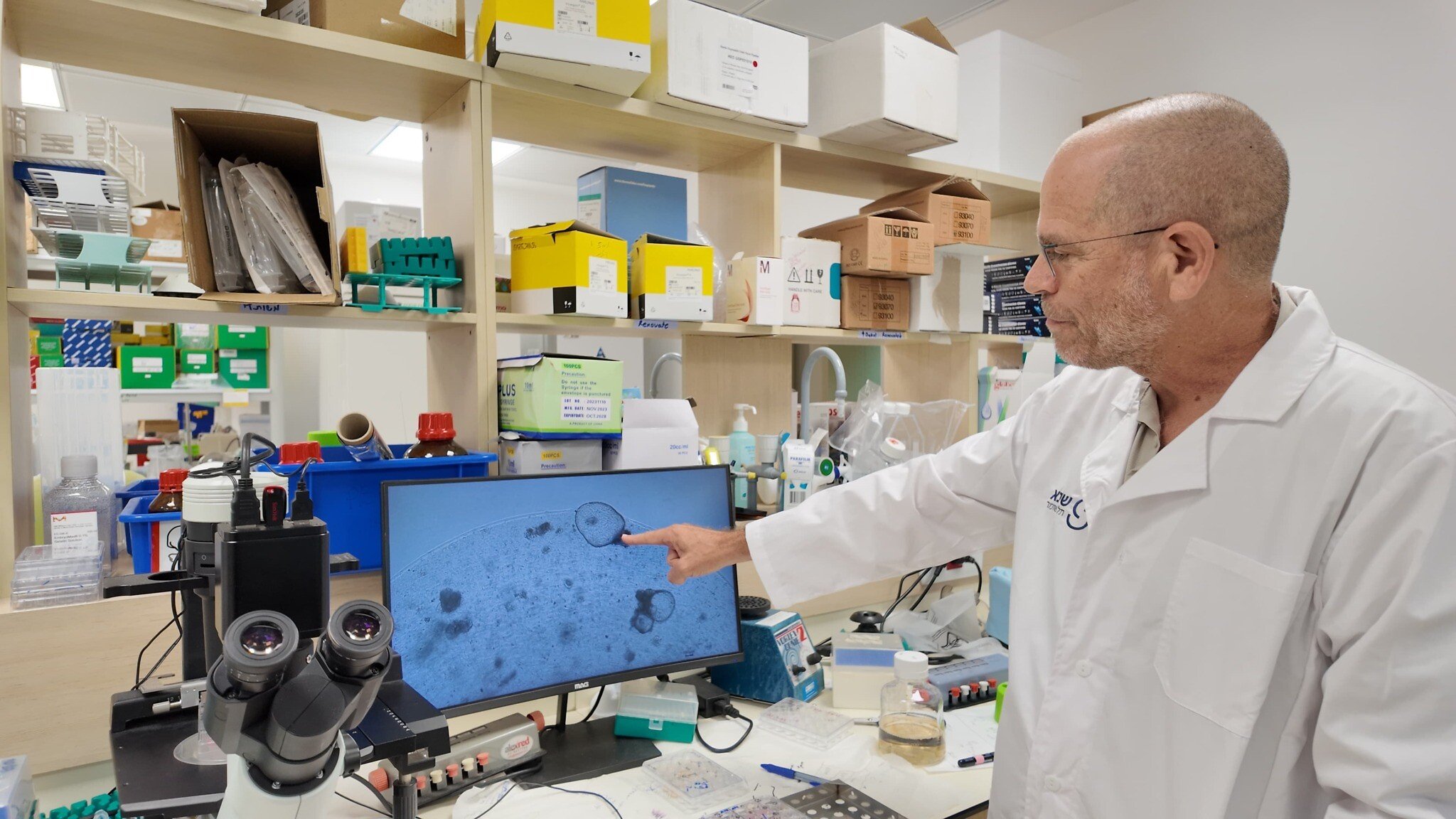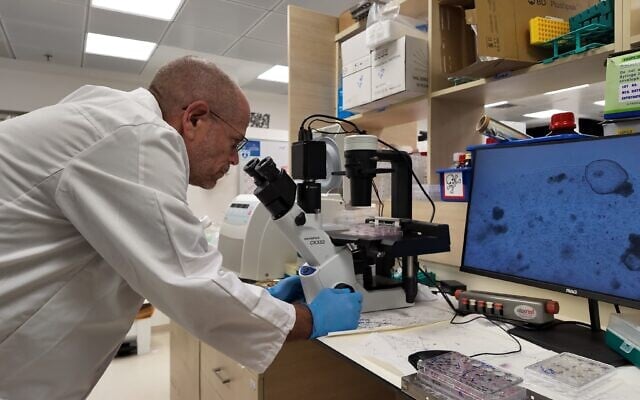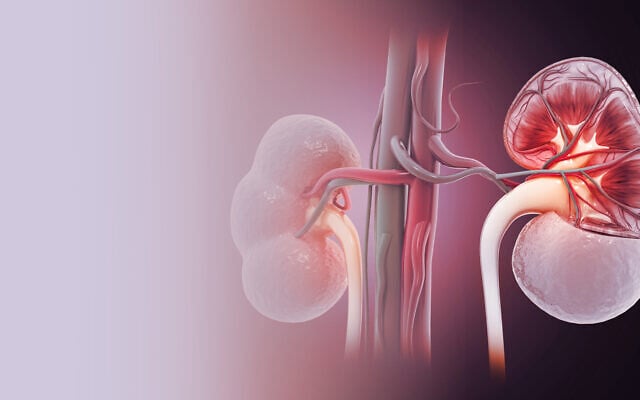



In a world first, researchers from Sheba Medical Center and Tel Aviv University have successfully grown human kidney organoids – a synthetic 3D organ culture – using kidney tissue stem cells.
The synthetic kidney organs matured and stayed stable for 34 weeks, which is the longest-lasting and purest set of kidney organoids ever developed.
Prof. Benjamin Dekel, Director of the Pediatric Nephrology Unit and the Stem Cell Research Institute at the Safra Children’s Hospital at Sheba Medical Center and Director of the Sagol Center for Regenerative Medicine at Tel Aviv University led the study. Doctoral student Dr. Michael Namestannikov, a graduate of the Physician-Researcher track at Tel Aviv University’s Faculty of Medicine, and Dr. Osnat Cohen-Sontag, a research associate at Sheba Medical Center, participated in the research.
“We have succeeded for the first time in growing a human kidney in the form of an organoid from the specific stem cells of the kidney,” said Dekel. “This is in parallel with the maturation process in the uterus that occurs until the 34th week of pregnancy.”
The study could shed light on processes that lead to kidney diseases, he said. The findings were published in the prestigious medical publication The EMBO Journal.
Previous kidney models were grown using pluripotent stem cells, special cells that can turn into brain, heart or kidney cells.
“Life begins with pluripotent stem cells, which can differentiate into any cell in the body,” Dekel explained. “But after about a month, the kidney in culture died, and the process had to be started again.”
About a decade ago, his research group was able to isolate for the first time the human kidney tissue stem cells that are responsible for the growth of the organ.
The researchers’ organoids grew from kidney tissue stem cells. Over 34 weeks, they formed different tissues of the kidney, such as blood filters and urinary ducts, a process known as tubulogenesis.
“Growing a fetal kidney can shed new light on biological processes in general, and in particular on processes that lead to kidney diseases,” said Dekel.
He said the researchers were able to selectively block different signaling pathways in the organoid to see how it could lead to a birth defect.
“We are actually seeing ‘live’ how a developmental problem leads to kidney diseases that are seen in the clinic,” he said, adding that this will “enable the development of innovative treatments.”
The ability to grow kidney tissue stem cells outside the body over time “opens the door to regenerative medicine, that is, transplanting kidney tissue grown in the laboratory inside the body,” he explained.
“We now have an essentially inexhaustible source of different kidney cells,” Dekel said, “and a better understanding of their different roles in kidney development and function.”


